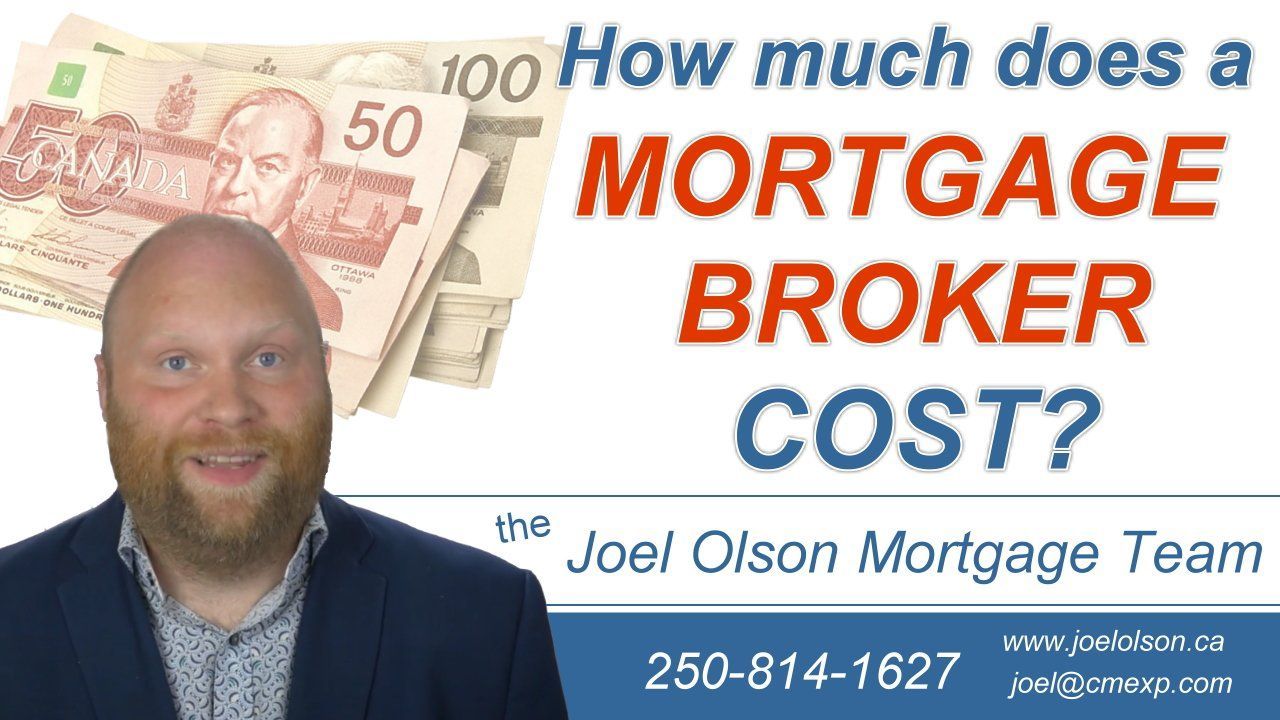How Much Does a Mortgage Broker Cost
The best things in life are free?

Okay, a really great question that we get a lot is that, how much do we charge as brokers?
How much does it cost for you to come to us, have us move around you to lenders to lenders, and present your borrowing request in front of different banks, credit unions, and other types of trust lenders, and that type of thing.
Mortgage broker services are 100% free.
How it works is that if you go into the TD Bank or you go into your local credit union, you don't actually pay to talk to the teller, you don't have to pay to talk to the loans person, but you know some way, somehow those folks are getting paid from operational costs.
They're getting a wage, all that type of thing.
So, that operational cost goes towards us as a broker because you're not going to go inside of a branch in the vast majority of cases.
You're not going to need to have them do the work, so that's not an additional cost.
So when you're using us, we are charging you nothing whatsoever and the bank's paying as a separate transaction.
But it's not something where you're getting paid for, it's getting slid in, or it's affected your rate.
It is a situation where we are getting that cost that would normally go towards a bank employee.
Now here's where it gets really, really great.
When you legally go and talk to an independent financial planner or you're going inside of your bank, they are not legally obligated to work or look out for your best interests.
If you go inside TD, they can't tell you to go to CIBC because they're going to be a better deal.
That would make them lose their job.
However, the opposite is true of a mortgage broker.
If we are always favoring one lender over another lender, that means that we are in violation of what our licensure recalls.
We have to be looking for the best possible deal for the lender.
This is why we will often hear us talk about the idea that even if you think or even if we're going to place you with your existing lender, your existing bank, it's worth it to come to us because we have to make sure that they are actually offering the best deal.
It's very common for people to get better deals to their own bank through us than it is when they go directly into the branch.
Anyway, I hope that helps you out to know that our services are free.
There are certainly some private loans we do that we charge broker or lender fees, but those are the vast majority and very, very extreme circumstances, and those cases truly we can do what no one else can do.
So if you have any questions, please reach out to us.
We have loved to answer any of your mortgage questions as well as if you could subscribe to this channel, like our post, and share with anybody you know.
We'd really appreciate that.
Thanks so much, have a great day.
Don't forget to subscribe to our Youtube Channel here:
https://www.youtube.com/channel/UCMm4ANhnIibo6LirxLkCAGw
And if you need to discuss any strategies, you can schedule a time on my calendar here:
https://calendly.com/joel-20/discovery-zoom-call





